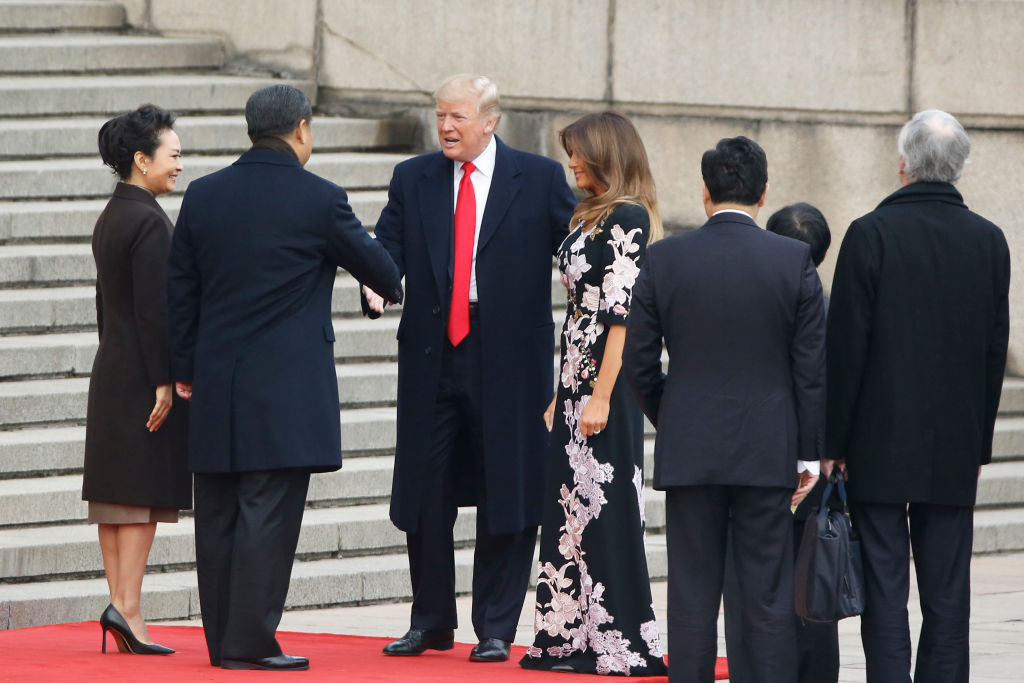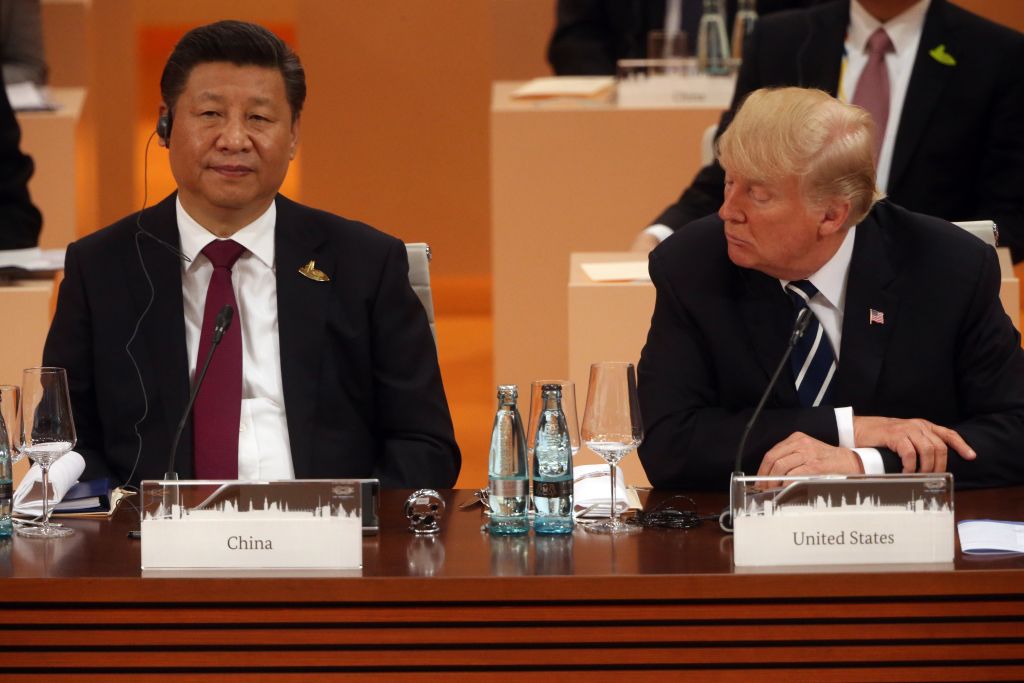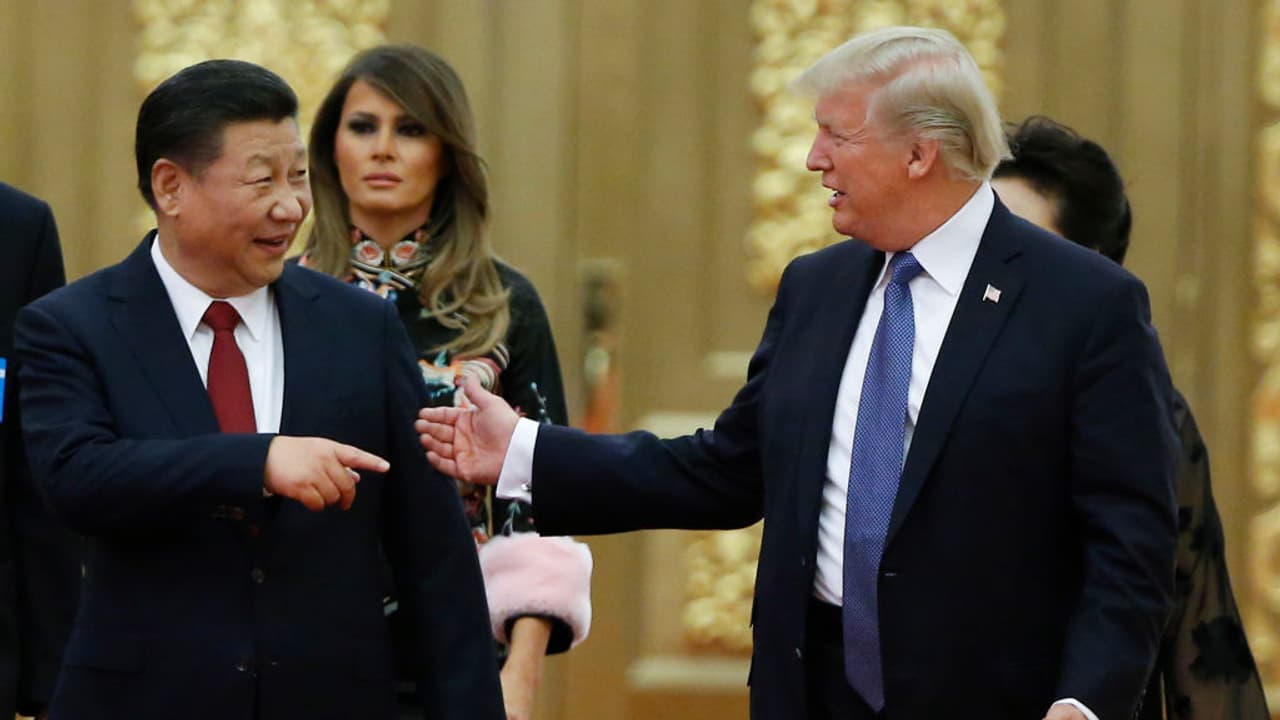The US and China have agreed on a TikTok ownership framework. Trump and Xi will confirm Friday.
U.S. and Chinese officials announced on Monday that they have reached a framework agreement to transfer TikTok’s U.S. operations to American-controlled ownership, with final confirmation expected during a scheduled call between U.S. President Donald Trump and Chinese President Xi Jinping on Friday.
The arrangement marks a rare breakthrough in negotiations between the world’s two largest economies, which have been locked in a trade dispute that has unsettled global markets. The popular short-video platform, with 170 million U.S. users, has been at the center of national security concerns in Washington, and a point of contention in broader trade talks.
Deadline Pressure Spurs Progress
Following two days of discussions in Madrid, U.S. Treasury Secretary Scott Bessent credited a looming September 17 deadline, which could have disrupted TikTok’s U.S. operations, with pushing Chinese negotiators toward a deal. He indicated the deadline might be extended by up to 90 days to finalize terms but declined to disclose specific commercial details.
Bessent said the agreement would safeguard U.S. national security interests while preserving certain cultural elements of TikTok valued by Chinese negotiators. “They’re interested in Chinese characteristics of the app, which they think are soft power. We don’t care about Chinese characteristics. We care about national security,” he told reporters.
When asked whether China would retain a stake in the restructured company, Trump said no decision had been made and that the matter would be discussed with Xi during Friday’s call.
Second Attempt at a Deal This Year

This is the second time in 2025 that both sides have signaled they were close to resolving the TikTok dispute. A similar announcement in March failed to produce a final agreement.
Any deal could require approval from the Republican-controlled Congress, which passed a 2024 law mandating TikTok’s divestiture over fears that U.S. user data could be accessed by the Chinese government for surveillance or influence operations. Despite these concerns, the Trump administration has resisted shutting down the app, wary of alienating its large user base and disrupting political communications.
Donald Trump has publicly credited TikTok with helping him secure re-election last year, and his personal account has 15 million followers. The White House launched its own official TikTok account last month.
On Truth Social, Trump celebrated the progress, writing: “A deal was also reached on a ‘certain’ company that young people in our Country very much wanted to save. They will be very happy! I will be speaking to President Xi on Friday. The relationship remains a very strong one!!!”
Technology Transfer Questions Remain
Bessent did not clarify whether TikTok’s Chinese parent company, ByteDance, would transfer control of the app’s core technology to the U.S. buyer. Wang Jingtao, an official with China’s cyberspace regulator, suggested the deal could involve licensing intellectual property rights, including algorithms, rather than a full transfer.
Beyond TikTok, Washington has cited national security concerns to block semiconductor shipments and other advanced technologies to China, and to ban certain Chinese products it believes could be used for espionage.
China’s top trade negotiator, Li Chenggang, criticized these measures as “unilateral bullying,” saying, “The United States cannot on the one hand ask China to take care of its concerns, and on the other hand continue to suppress Chinese companies.” Li described the outcome as a “basic framework consensus,” slightly different from the U.S. phrasing.
The Madrid meeting, held at Spain’s Palacio de Santa Cruz, was the fourth round of talks in four months aimed at easing trade tensions and addressing TikTok’s divestiture deadline. Delegations led by Bessent and Chinese Vice Premier He Lifeng have met in various European cities since May, seeking to resolve disputes that have included tit-for-tat tariffs and China’s suspension of rare earth exports to the U.S.
Trump, Xi to Discuss Possible Summit

Donald Trump has repeatedly expressed interest in meeting Xi, and Beijing has been working to invite him to China for a summit. Bessent said it would be up to the two leaders to decide on such a meeting during Friday’s call.
The U.S. negotiators warned that any potential meeting this fall would have been ruled out if no TikTok deal had been reached in Madrid.
The discussions also touched briefly on Washington’s push for allies to impose tariffs on Chinese imports over Beijing’s purchases of Russian oil, a move China labeled as coercive. On Monday, Beijing separately announced a preliminary investigation into U.S. chipmaker Nvidia, alleging violations of China’s anti-monopoly law. Bessent called the timing of the announcement “poor,” and the probe is widely viewed as retaliation for U.S. restrictions on China’s semiconductor sector.
The TikTok framework agreement, while not yet finalized, represents a significant step toward resolving one of the most high-profile disputes in the ongoing U.S.-China trade conflict. Whether it leads to a broader thaw in relations may depend on the outcome of Friday’s Trump-Xi conversation.
